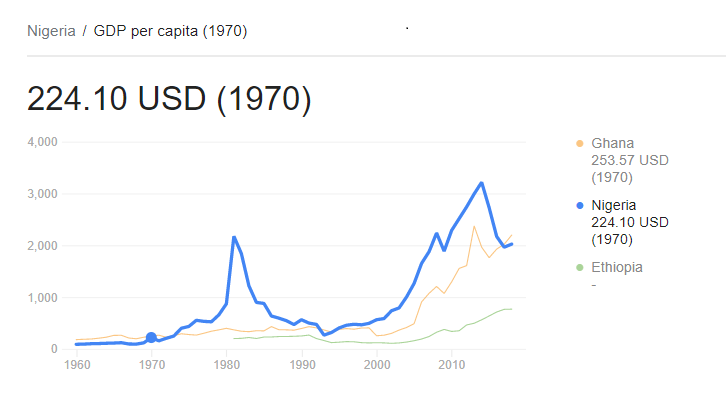The revolution is sustainable. To sustain an uprising, we need love and compassion, not hatred and blame. This is to say, using hatred and humiliation can create short term success. Quick success leaves our main issues unresolved. For example, when the Inspector General of Police renamed SARS to SWAT. This was too quick.
Above all, starting a revolt is similar to lighting a match. It can burn out. Sustaining a revolution, on the other hand, is akin to starting a fire. It means ensuring that there is enough fuel to keep the fire burning as long as required.
The transformation of hatred into respect and empathy for the interest of humanity makes a revolution sustainable. in other words, it is better to share in the sorrow of a person than to rejoice from the death of another.
A typical example is the “truth and reconciliation” process that happened in South African after the ousting of apartheid. What brings us together in this end SARS protest is the sorrows of all the victims and their families.
Learning from the Greats
Sustaining the revolution is about awakening a different kind of power in people and not necessarily by replacing the people in power. We harm ourselves by harming another person. We must stir the love within us. In keeping with the words of the great Burmese leader Aung San Suu Kyi:
“The quintessential revolution is that of the spirit, born of an intellectual conviction of the need for change in those mental attitudes and values which shape the course of a nation’s development. A revolution which aims merely at changing official policies and institutions with a view to an improvement in material conditions has little chance of genuine success.”
The goal must be peace and development and not harm. The approach to attain peace and development also matters. This means the revolution must be nonviolent. In line with the words of Martin Luther King Jr:
“We did not cause outbursts of anger. We harnessed anger under discipline for maximum effect.”
The revolution is sustainable through the spirit of love.








